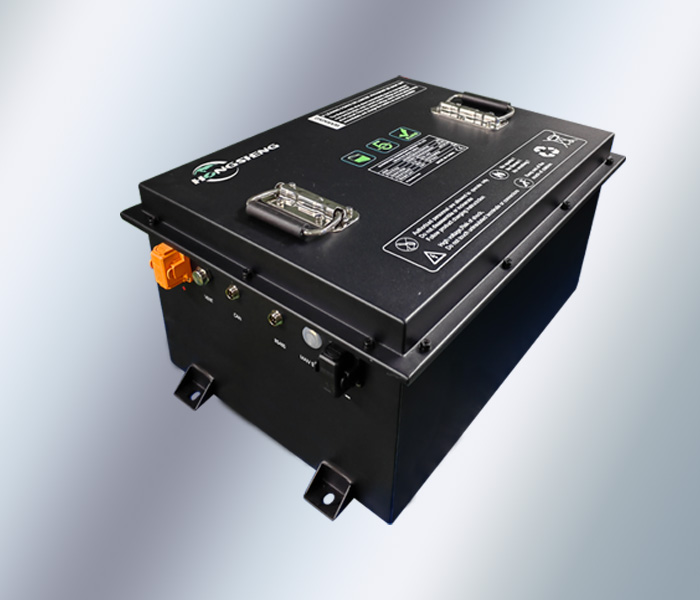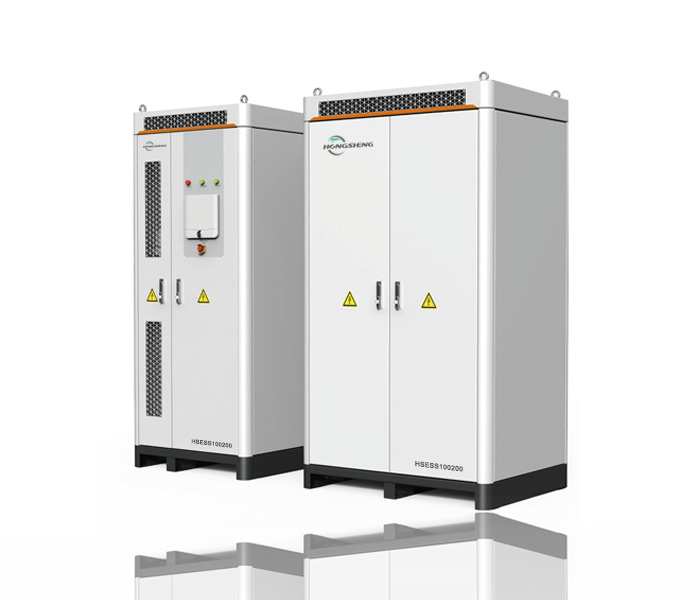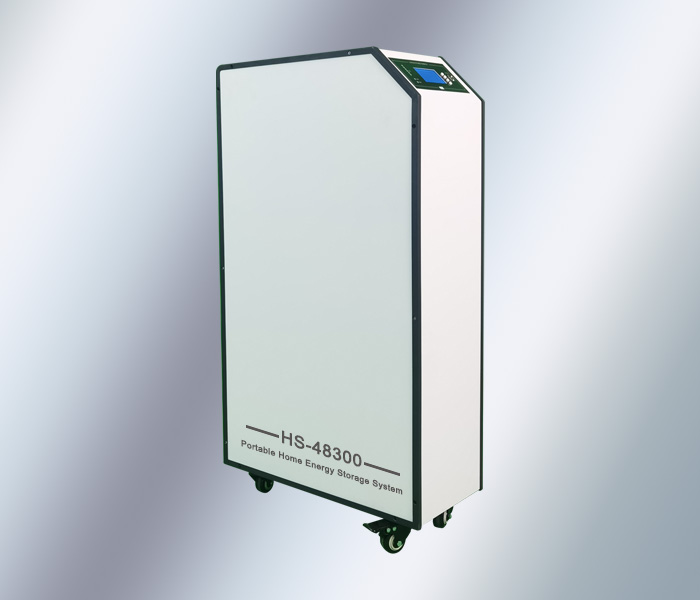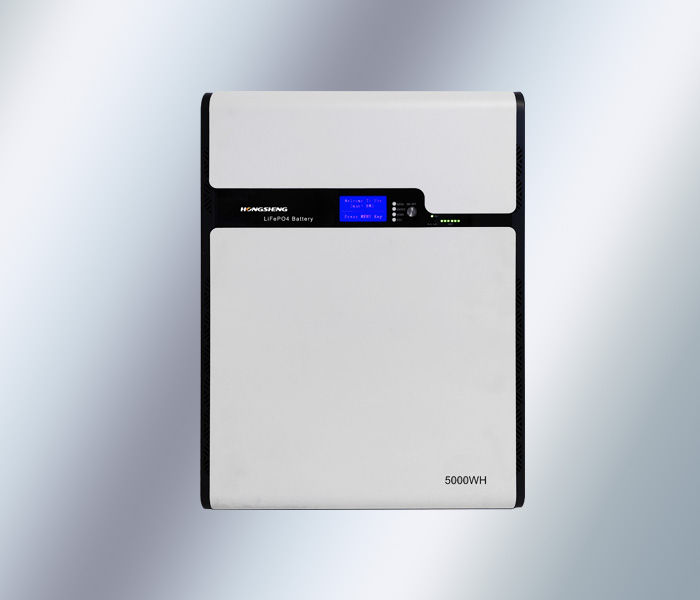How to Choose an Off-Grid Solar Energy Storage System?
Discover key factors for selecting off-grid solar + battery systems for residential and industrial use, including capacity, battery types, and cost considerations.
1. Off-Grid Solar Systems for Homes
Key Requirements
Low to moderate energy needs: Power daily appliances (lights, fridge, AC, TV).
High reliability: Ensure 24/7 power during outages or cloudy days.
Space constraints: Compact design for rooftops or small yards.
Budget-friendly: Balance upfront costs with long-term savings.
Selection Criteria
Solar Panel Capacity:
5-10 kW system (based on 10-30 kWh/day usage).
High-efficiency monocrystalline panels for space savings.
Battery Storage:
Capacity: 10-20 kWh (1-2 days backup).
Battery type: LiFePO4 (Lithium Iron Phosphate) for longevity (10-15 years) vs. cheap lead-acid (3-5 years).
Inverter & Charge Controller:
Pure sine wave inverter (5-10 kW) for motors/AC compatibility.
MPPT charge controller (48V system) for max solar efficiency.
Scalability: Modular design for future expansion.
Additional Tips
Add a diesel/gas generator for emergencies.
Check local solar tax credits or rebates.
2. Commercial/Industrial Off-Grid Solar Systems
Key Requirements
High energy demand: Power machinery, cold storage, or factories (100-1000+ kWh/day).
Uninterrupted operation: Avoid downtime losses.
ROI-focused: Aim for 5-8 year payback periods.
Scalable infrastructure: Megawatt-scale solutions.
Selection Criteria
Solar Panel Capacity:
50-500+ kW systems with string/central inverters.
Battery Storage:
Capacity: 200-1000+ kWh (1-3 days backup).
Battery type: NMC lithium (3,000+ cycles) for fast charging, flow batteries (20+ years) for large-scale projects.
Inverter & Energy Management:
Industrial 3-phase inverters (100+ kW) with remote monitoring.
EMS (Energy Management System): Optimize load shifting and peak shaving.
Redundancy: Backup generators or extra battery banks.
Additional Tips
Ensure site compliance (safety, fire codes, ventilation).
Use IoT platforms for real-time solar/battery monitoring
General Tips for Both Home & Commercial Systems
Load Analysis: Calculate total kWh/day from all appliances.
Site Assessment: Evaluate sunlight hours, shading, and weather risks.
Warranty: 5+ years for batteries/inverters.




